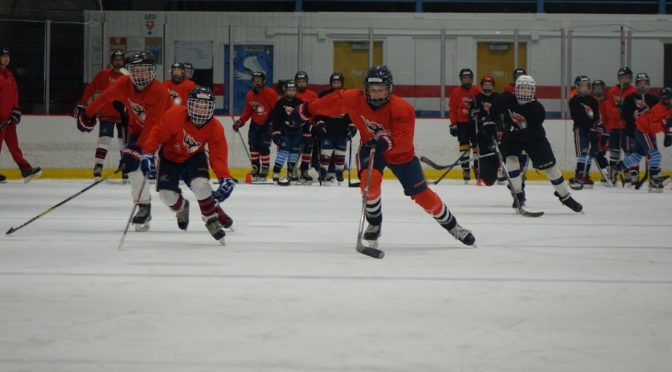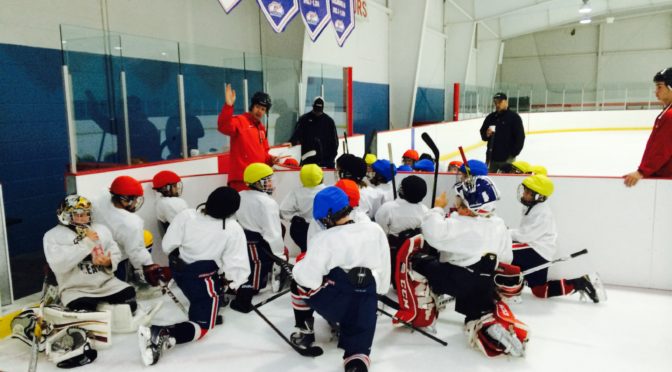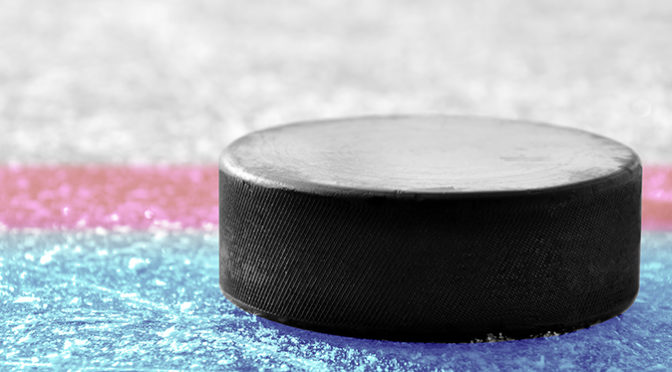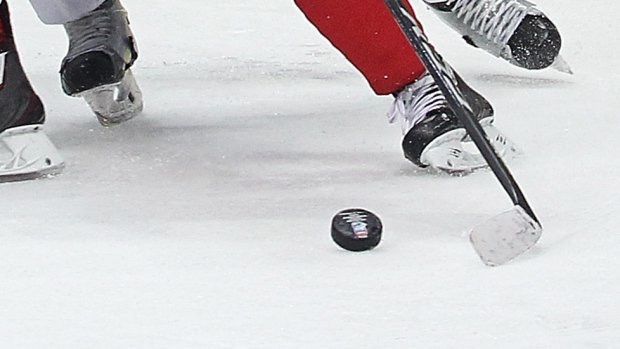11
September
Success This Summer = Success This Season
Posted by Greg Carter

Each and every summer our great staff of coaches spend countless hours instructing youth hockey players from across the country. We pride ourselves on building on each days’ skills and challenge players to reach their full potential as the hockey camp progresses. We see players from border to border and coast to coast, all with a desire to work hard and get better. While each player is unique in their pursuit of greatness, we’ve seen a consistent trend with players in terms of strengths, weaknesses and some of the intangibles that help define good versus great players.
Here are some of top takeaways from our hockey camps in 10 states over the summer of 2018:
Fundamentals. Skating, stick handling and shooting. Players need to work hard on these fundamental skills to build confidence. Think of fundamental hockey skills as the bricks of the foundation of a home. If the foundation and bricks are not sturdy, everything built on top of it will be weak. The same holds true for hockey skills, master the fundamentals and you are well on your way!
Determination and Desire. Coaches love hockey players who listen, and especially those players that listen and have the determination and desire to step outside of their comfort zone. Summer hockey camps provide an excellent opportunity for players to receive great advice and instruction, but only if they are focused, engaged and ready to apply what they learn. Have the desire to use coaching and teaching moments to improve your game. Have the determination to work hard to do it the right way, rather than going back to the comfort zone of doing it the way you always have!
Accept Constructive Criticism. Coaching and instructing has changed over the years, especially the past few years. Good communication is key to making sure players understand what they need to do to get better. Sometimes players hear things that they may not want to, but in order to get better they need to understand exactly what their weaknesses are. Everyone loves to hear about their strengths, but good players are willing to accept constructive criticism.
Fun. That’s right, hockey needs to be fun! While it is a very intense game that requires a lot of skill, when you look at some of the best players, they are also the ones having the most fun. Look no further than Alexander Ovechkin and his pursuit of the Stanley Cup last spring, talk about a guy having fun!
And we also had plenty of fun and a great time this summer working with players who really want to work hard and get better! To everyone who attended our summer of 2018 hockey camps, thank you! We enjoyed working with you and hope you have a great start to the season.
See you at the rink soon!






 Subscribe
Subscribe Subscribe
Subscribe




